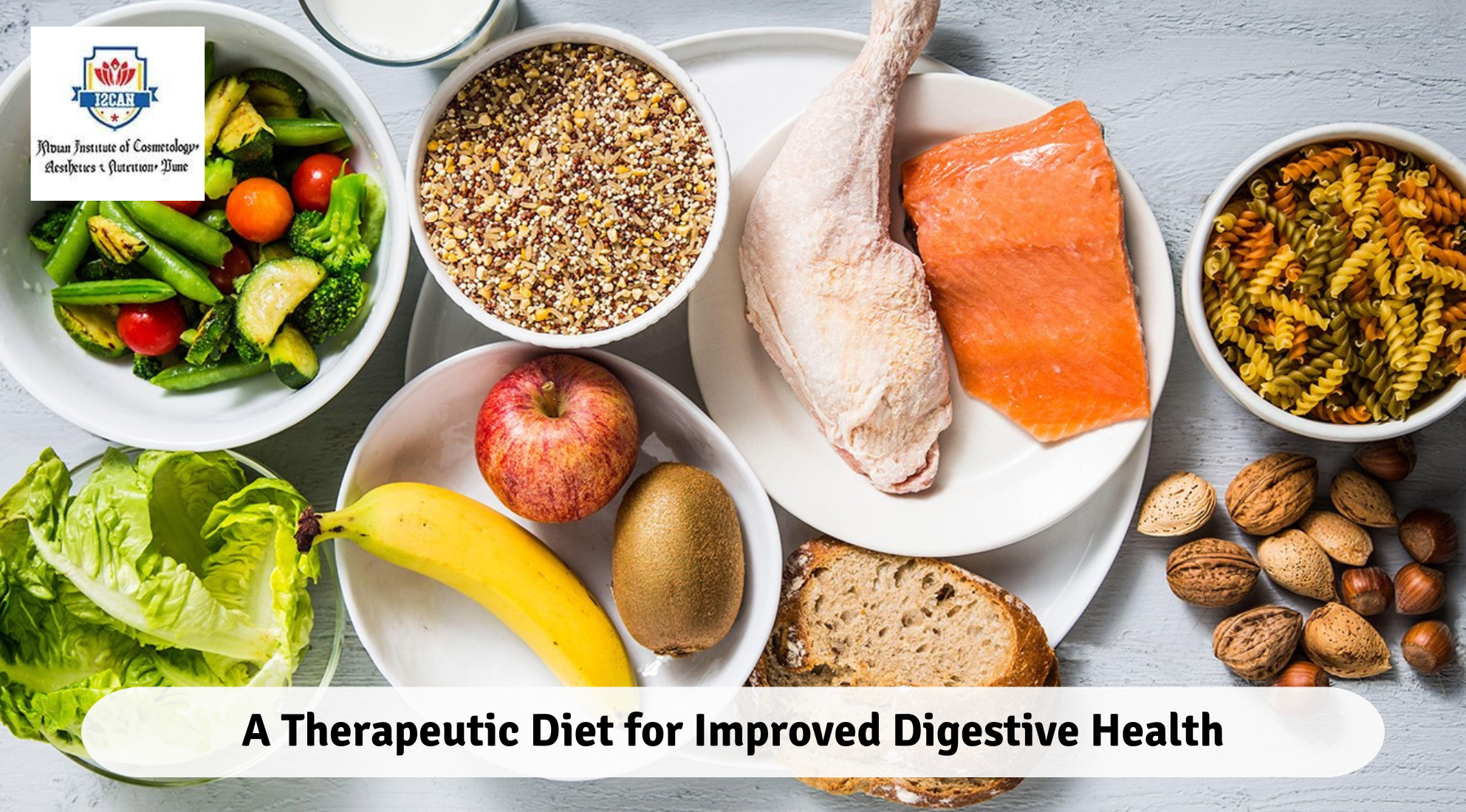Living with poor gut health can be challenging, but with the right approach to nutrition, you can support your digestive system and promote overall well-being. In this blog post, we’ll explore a therapeutic diet tailored to help alleviate symptoms and promote healing for those struggling with gut issues.
- Understanding the Low-FODMAP Diet: The low-FODMAP diet is a valuable tool for managing gut issues, particularly irritable bowel syndrome (IBS). By avoiding fermentable carbohydrates found in certain foods, individuals can reduce symptoms like bloating and abdominal pain. However, it’s crucial to work with a healthcare professional or dietitian to ensure nutritional balance and proper reintroduction of foods.
- Choosing Gentle Foods: Opting for easily digestible foods can provide relief for a distressed gut. Cooked vegetables like carrots, zucchini, and squash are gentle options, along with lean proteins such as chicken, fish, and tofu. Incorporating well-cooked grains like rice and quinoa, as well as easily digestible fruits like bananas and melons, can further support digestive comfort.
- Harnessing the Power of Probiotics: Probiotic-rich foods play a vital role in restoring the balance of beneficial bacteria in the gut microbiome. Yogurt with live cultures, kefir, sauerkraut, kimchi, and kombucha are excellent sources of probiotics that can aid in gut healing and support overall digestive health.
- Gradually Reintroducing Fiber: While some may need to temporarily reduce fiber intake during flare-ups, gradually reintroducing soluble fiber from sources like oats, flaxseeds, chia seeds, and cooked vegetables can provide nourishment for beneficial gut bacteria and promote regularity.
- Staying Hydrated: Proper hydration is essential for supporting digestion and preventing dehydration, which can exacerbate gut issues. Drinking plenty of water throughout the day helps maintain digestive function and overall well-being.
- Identifying and Avoiding Trigger Foods: Individuals with gut issues should identify and avoid trigger foods that worsen symptoms. Common triggers include spicy foods, caffeine, alcohol, high-fat foods, and artificial sweeteners. By eliminating these triggers, individuals can better manage their gut health and reduce discomfort.
- Opting for Small, Frequent Meals: Instead of large meals, consuming smaller, more frequent meals can ease the burden on the digestive system and prevent overwhelming the gut. This approach helps maintain stable blood sugar levels and promotes optimal digestion.
- Practicing Mindful Eating: Mindful eating techniques, such as chewing food thoroughly, eating slowly, and tuning into hunger and fullness cues, can enhance digestion and reduce discomfort. By paying attention to how we eat, we can better support our digestive health and overall well-being.
Conclusion: By following a therapeutic diet focused on supporting digestive function, reducing inflammation, and promoting gut healing, individuals with poor gut health can take proactive steps towards improving their quality of life. Remember to consult with a healthcare professional or registered dietitian for personalized guidance and support on your journey to better gut health.

